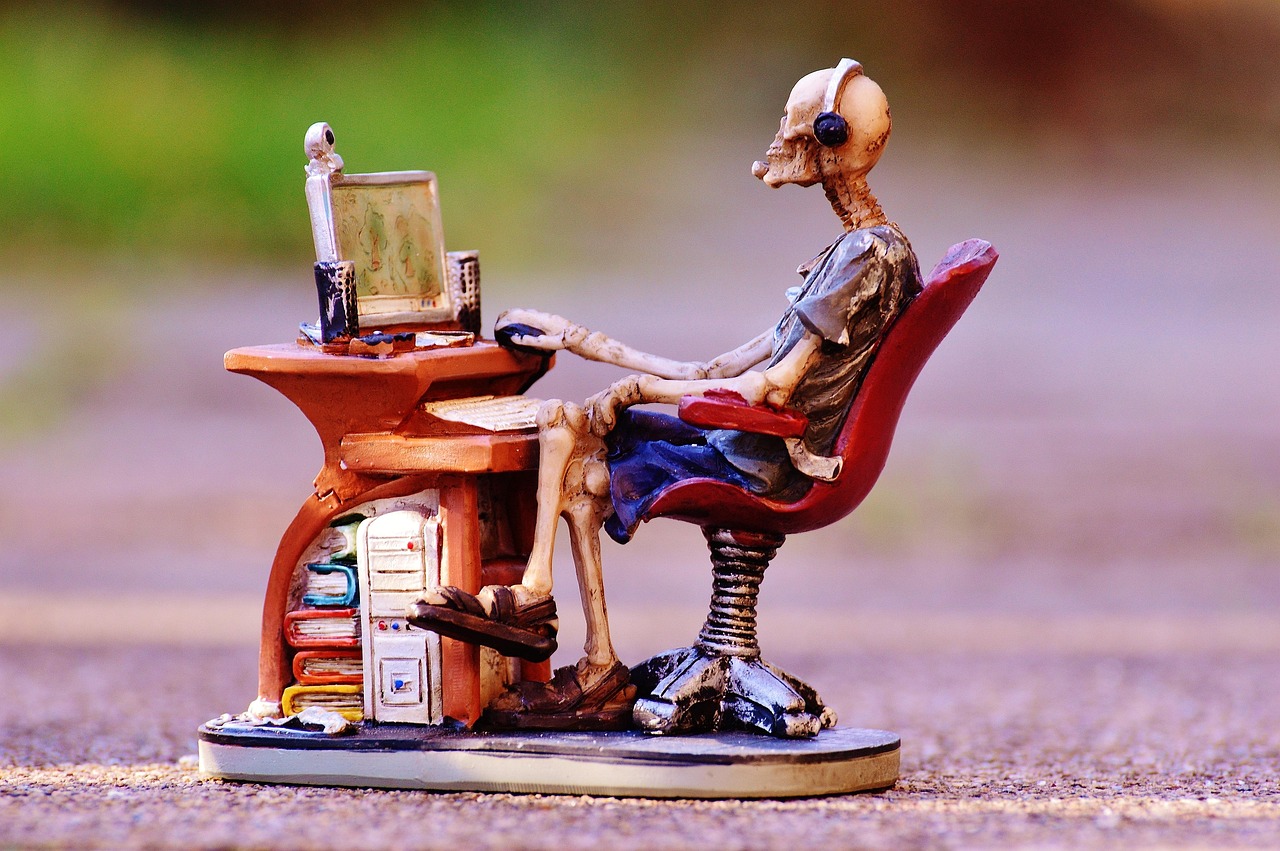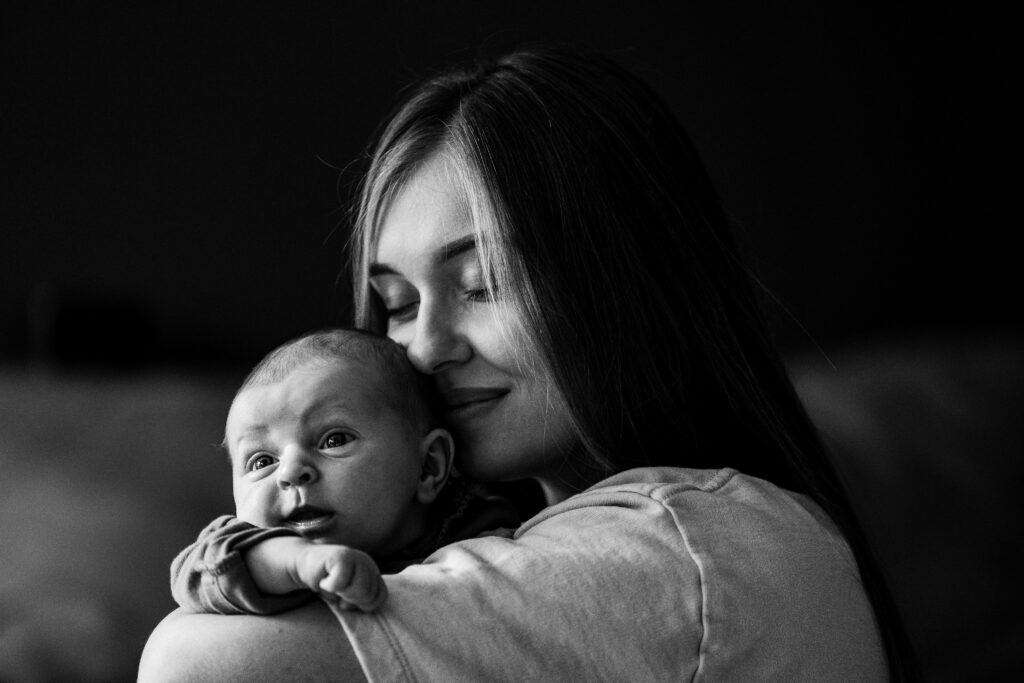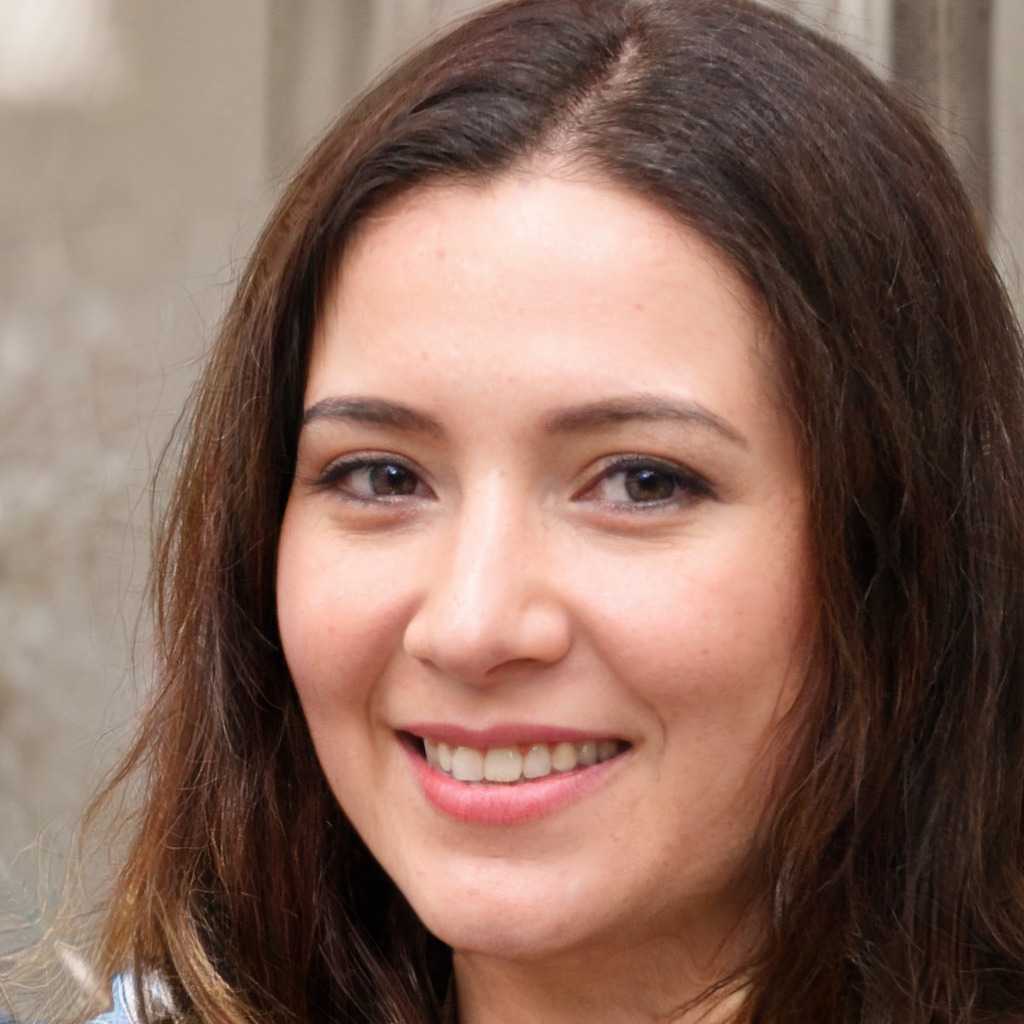Silent Battles After Birth
I expected joy. The kind everyone talks about the soft glow of motherhood, the first coos, the “this is everything” feeling. But what hit was something else entirely. The house was quiet but my head was loud. I’d stare at my baby, heart thudding, wondering why I didn’t feel more bonded, more grateful, more anything.
Instead came waves of confusion. I felt guilty for not being overjoyed, for dreading the next feeding, for crying when I couldn’t get her to stop crying. I thought I was failing. I thought I was the wrong kind of mother.
People said I was probably just tired. Hormonal. “It’s baby blues,” they’d say. But the fog didn’t lift. It got heavier. I didn’t want to leave the house. I didn’t want visitors. I didn’t want to tell anyone how numb I felt, or how much I wanted to rewind time.
Only when I started looking into what postpartum depression actually was not what Instagram or baby books said did I start to recognize myself in the symptoms. This wasn’t a mood swing. It wasn’t just stress. It was something deeper that needed attention. That realization was the first small step toward crawling out of it.
Naming What I Was Feeling
At first, I told myself I was just tired. Of course I was. Sleepless nights, constant feeding, hormones all over the place exhaustion made sense. But what I didn’t expect was the fog. A kind of numb heaviness that didn’t lift, even after rest. The difference between being tired and being depressed is sharp once you see it: exhaustion gets better with sleep. Depression doesn’t.
I ignored a lot in the beginning the tears I couldn’t explain, the way I stopped answering messages from people I loved, how I’d stare at the wall during nap time instead of doing anything at all. I chalked it up to adjusting. To being dramatic. It wasn’t until I found myself resenting the baby I adored and feeling nothing about it that I realized I was slipping deeper than I could climb out alone.
If any of this sounds familiar, you’re not imagining it. You’re not weak. And you’re definitely not alone. Here’s a great place to start if you’re wondering what’s really going on: What Every Mom Needs to Know About Postpartum Mental Health.
Seeking Help (Even When It Felt Impossible)

Talking to my partner was the first real turning point. Not because it was easy trust me, it wasn’t but because once I said the words out loud, they weren’t just floating around in my head, dragging me down. I told him I wasn’t okay. I didn’t wrap it in caveats or make it cute. I just said it. He listened. Not perfectly, but he showed up. That mattered more than I realized.
Finding the right therapist came next. Not just any therapist, but someone who actually understood maternal mental health who didn’t flinch when I said I felt numb holding my baby or that some mornings I wanted to disappear. It took a few tries. Some consults felt clinical, others just missed the mark. But eventually, I found someone who got it. She helped me name what I was feeling, and more importantly, helped me climb out.
What worked for me wasn’t one magic fix. Talk therapy gave structure to the chaos. Support groups reminded me I wasn’t the only one barely holding it together. Medication became part of the plan, and I’m glad it did. It leveled the ground so I could start moving again. No single thing saved me but together, they gave me my footing back.
Small Wins That Brought Me Back
When everything felt like too much when making breakfast or replying to a text felt like climbing a wall I started with tiny routines. Nothing fancy. Just anchors to keep me from drifting. A five minute journal entry in the morning. A slow walk around the block with no phone. Lying down in the middle of the day and actually letting myself rest without guilt.
I used to think if the house wasn’t spotless or if I wasn’t constantly doing something productive, I was failing. Motherhood quickly knocked that mindset down. I had to teach myself daily that perfect wasn’t the goal. Present was.
Some days, the win was just brushing my teeth and naming how I felt out loud. Other days, I found comfort in a quiet living room or the weight of my baby sleeping on me while I did nothing else. That “nothing” was everything. The real trick was giving myself permission to call those moments enough.
Slowly, those small routines helped me feel more human. Less like I was drowning, more like I was treading water on purpose.
Reconnecting with My Identity
Before motherhood, I was defined by my routines, my job, my independence. I had space to think. I chased goals, made plans, canceled them if I wanted. My time was mine. Then came the baby, and that version of me dissolved almost overnight. I didn’t recognize myself not in the mirror, not in my thoughts.
Rediscovering who I was meant asking tough questions: What do I need to feel human again? Where can I draw a line between what drains me and what nourishes me? I started by setting boundaries. With others gently but firmly saying no to visits, favors, or unsolicited advice. And with myself learning to stop guilting myself over naps, short showers, or just needing space. It wasn’t selfish. It was survival.
Slowly, I found purpose in sharing my story. Not to spotlight my struggle, but to help even one other person feel less alone. I joined forums, spoke at local mom groups, and started writing again. Helping others helped me feel capable, even strong. Not the same woman I was before, but someone new more grounded, more honest.
If you’re in the thick of it, here’s a list that helped me start healing: Resources That Helped Me Cope and Grow. Start small. Keep going.
For Anyone Struggling Right Now
You’re not weak. You’re not broken. And you’re definitely not the only one feeling this way, even if it seems like nobody else is saying it out loud. Postpartum depression twists your thoughts into knots and tells you lies. But here’s the truth: if you’re struggling, it doesn’t mean you’ve failed. It means you’re human. And it’s okay to ask for help.
What made a difference for me was getting specific. Instead of just saying “I’m not okay,” I found simple, direct ways to reach out:
“Can you check in with me once a day this week? I’m feeling pretty low.”
“Would you be willing to help me find a therapist? I’m overwhelmed.”
“I don’t need advice I just need someone to listen for a bit.”
Sometimes I’d text it. Sometimes I’d write it on a sticky note and hand it over. Getting the words out was hard, but having a script something true and basic cut through the fog.
And healing? It’s not a straight road. One day you might feel almost normal again, and the next day you’re crying in the laundry room floor for no reason. That doesn’t mean you’re back at square one. It means progress isn’t tidy but it is happening.
You don’t have to fix everything today. You just have to keep going. Even slowly. Even messily. You are not alone in this.

 Ashleyah Scherdealer is the passionate force behind Motherhood Tales Pro, a platform she created to provide moms with trusted parenting tips, real-life stories, and wellness guidance. Drawing from both experience and a desire to build a supportive community, Ashleyah’s work empowers mothers to navigate the challenges of motherhood with confidence. From daily advice to heartfelt insights, her mission is to make every mom feel seen, supported, and strong.
Ashleyah Scherdealer is the passionate force behind Motherhood Tales Pro, a platform she created to provide moms with trusted parenting tips, real-life stories, and wellness guidance. Drawing from both experience and a desire to build a supportive community, Ashleyah’s work empowers mothers to navigate the challenges of motherhood with confidence. From daily advice to heartfelt insights, her mission is to make every mom feel seen, supported, and strong.